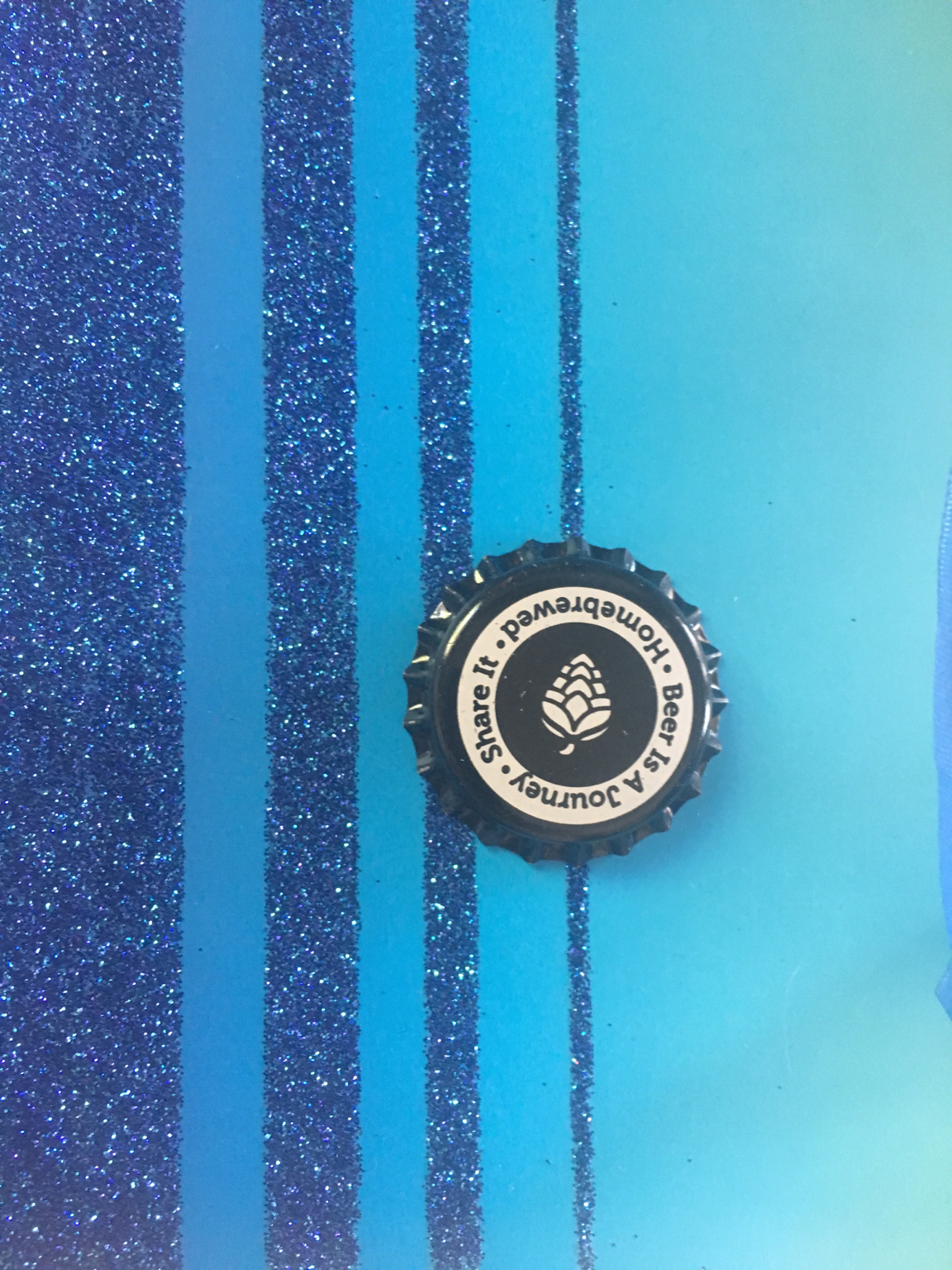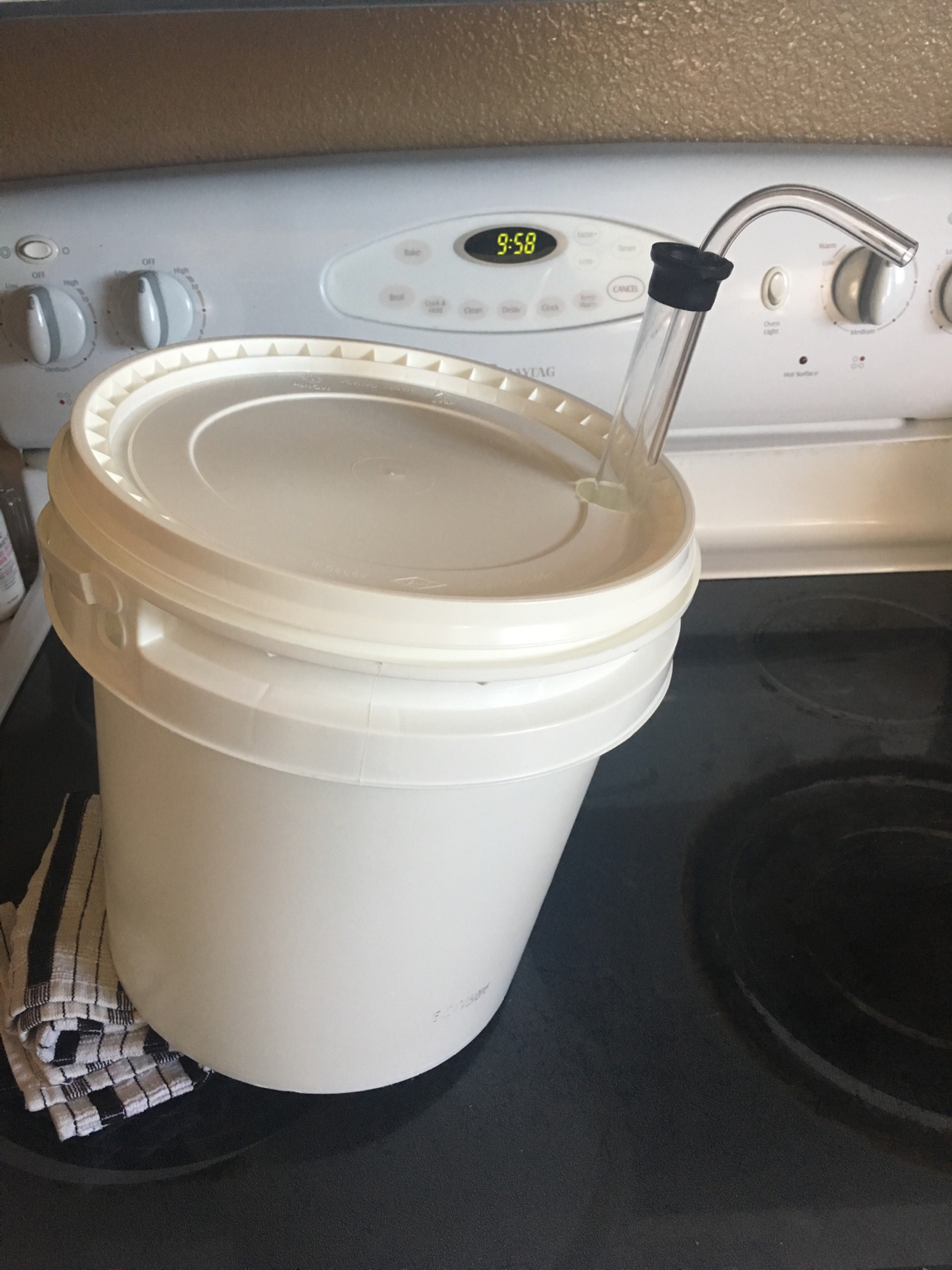Michael_Calgary
Well-Known Member
- Joined
- Feb 26, 2018
- Messages
- 156
- Reaction score
- 49
Is mocking 1 gallon brewers actually a thing? In 15 years, I've never seen someone upbraided simply for brewing smaller. Weird.
A Homebrew club I was in actually had a really fun competition - to brew one pint of beer, all grain. I have to tell you, it is a ton of fun devising a way to mash and boil in tiny quantities. I made a miniature 3 tier pyrex system, and scaled down a recipe that I had made many times. Turned out nearly identical to the 10 gallon version.
I have seen posts questioning why people waste their time with small batches. Seems to be a thing to some degree.








































![Craft A Brew - Safale S-04 Dry Yeast - Fermentis - English Ale Dry Yeast - For English and American Ales and Hard Apple Ciders - Ingredients for Home Brewing - Beer Making Supplies - [1 Pack]](https://m.media-amazon.com/images/I/41fVGNh6JfL._SL500_.jpg)




















